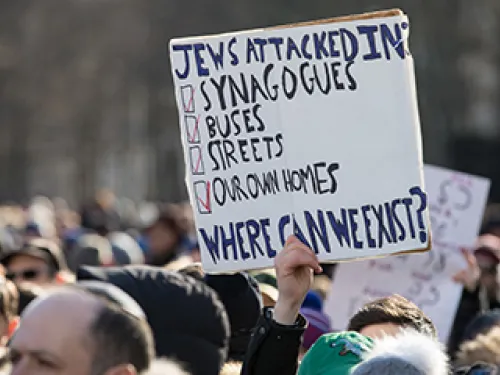Related Content
The following letter, penned by National Chair Marvin Nathan, appeared in the Houston Chronicle in response to FEMA's recent policy reversal to permit disaster funding for houses of worship.
FEMA vs. First Amendment
Regarding "FEMA's new policy on disaster aid to chruches a sound decision" (Page A3, Thursday), contrary to Erica Grieder's assertion, FEMA's recent policy reversal to permit disaster funding for houses of worship is not constitutionally "sound."
The U.S. Supreme Court's recent decision in Trinity Lutheran Church of Columbia, Inc. v. Comer in no way requires FEMA's policy change. In that decision, the Supreme Court narrowly ruled that a church could not be excluded from a secular aid program for playground resurfacing materials because of its religious identity. Trinity did not overturn longstanding Supreme Court precedent prohibiting direct government funding of religious activities: Playgrounds, the justices reasoned, are not used for religious purposes.
Prior to this week's policy change, FEMA would not fund repair or rebuilding of religious sanctuaries with government dollars. Religious institutions, however, could obtain disaster relief for buildings not "primarily used for religious activities."
"(T)he separation of church and state" mandated by First Amendment, which Grieder says she supports, safeguards religious freedom in two ways. It ensures that taxpayers are not compelled to financially support religious beliefs to which they do not subscribe. And it guarantees the independence of houses of worship by preventing them from becoming overly dependent on state funding.
All Americans are sympathetic to the grave harm suffered by houses of worship in the path of Hurricane Harvey. But it is the most difficult times that test our resolve to abide by the Constitution. Our First Amendment religious freedom protections should not be a casualty of Harvey, as well.







